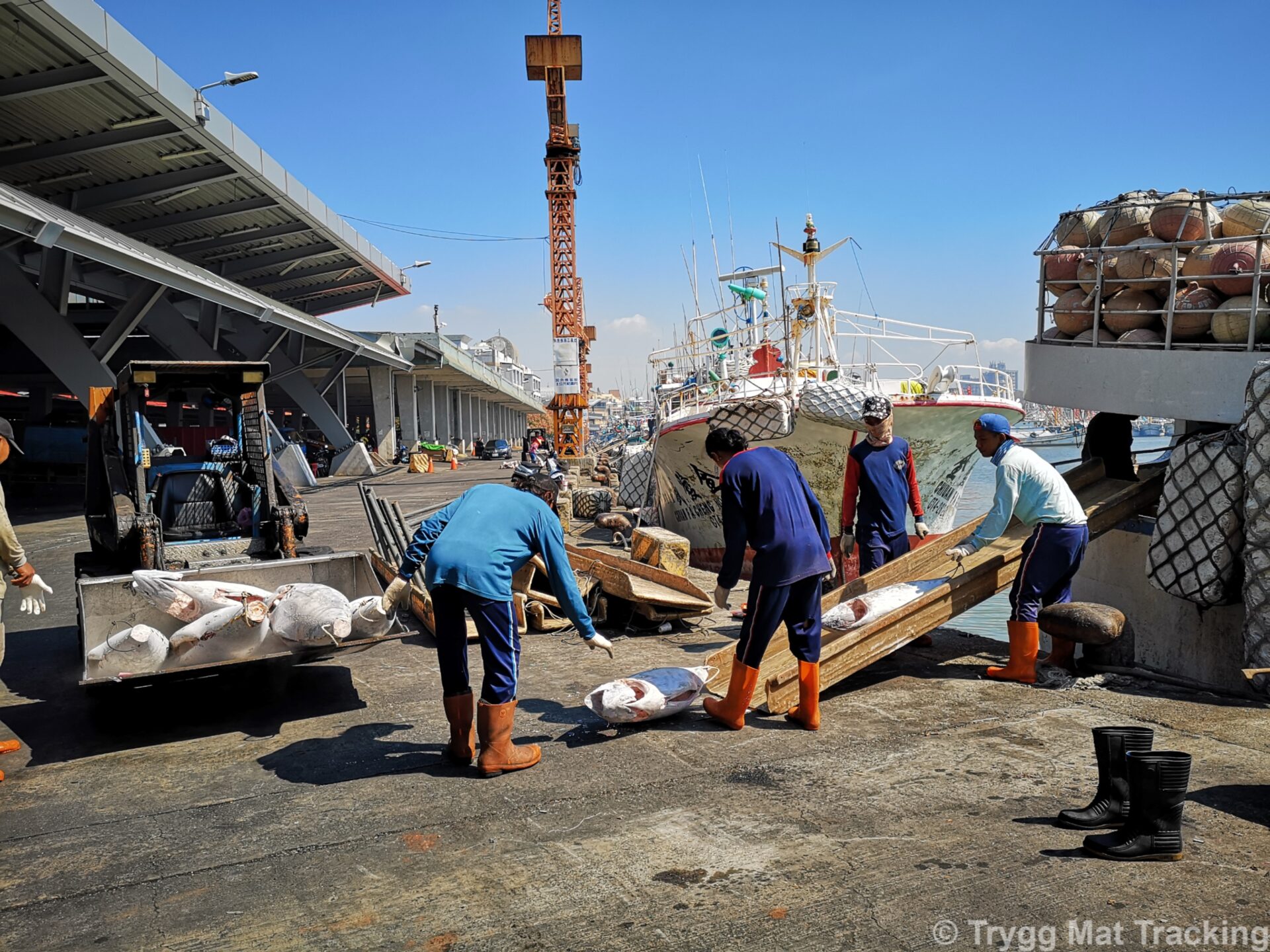Illegal, unreported, and unregulated (IUU) fishing undercuts effective fisheries management, harms Ocean ecosystems, and undermines food security.
It is estimated that IUU fishing costs the global economy over USD$20 billion per annum, leading to some fish stocks being on the verge of collapse. With some 12 per cent of the world’s population relying on fisheries for their livelihood, IUU fishing threatens the economic security of millions of fishers and their families. It is also closely associated with labour and human rights abuses including modern slavery. IUU fishing exploits the lack of transparency in the fishing industry, using gaps in regulation and monitoring of the high seas and at ports to operate undetected.
Vessels engaging in or supporting IUU fishing also present a risk to insurers’ balance sheets. Operators involved in IUU fishing expose their insurers to costly claims and exposure to potential legal and reputational liabilities. IUU vessels can slip through due diligence due to frequent changes in vessel name, ownership, flag or lack of an IMO (International Maritime Organization) number. At present, insurers lack consolidated risk management data on IUU fishing on the vessels they insure.
IUU fishing often takes place on the international waters of the high seas or within the maritime zones of developing countries, often unseen. It is an environmental and social problem that has proved very difficult to solve – despite government and enforcement actions.
Ultimately IUU fishing is about profits, and cutting off access to insurance is one key lever to deter this illicit activity by making it more costly for IUU vessels to operate.
Download the IUU information pamphlet in English / Spanish.
Read the press release here.


